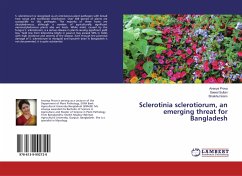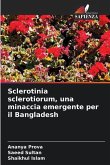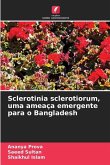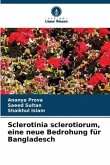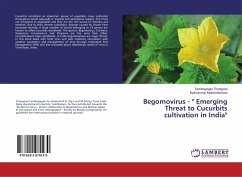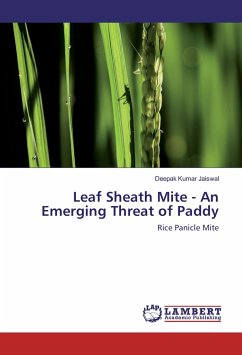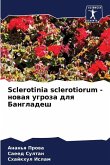S. sclerotiorum is recognized as an omnivorous plant pathogen with broad host range and worldwide distribution. Over 408 species of plants are susceptible to this pathogen. The majority of these hosts are dicotyledonous, although a number of agriculturally significant monocotyledonous plants also are hosts. White mold, caused by the fungus S. sclerotiorum, is a serious disease in plants causing significant yield loss. Yield loss from Sclerotinia blight in peanut may exceed 50% in fields with high incidence and severity of the disease. Even though the potential damage of S. sclerotiorum to marigold and hyacinth bean in Bangladesh is not documented, it is quite substantial.

